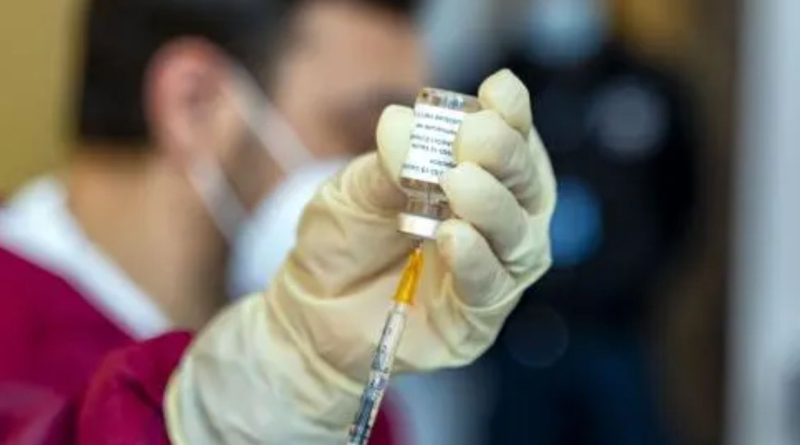Flurry of coronavirus reinfections leaves scientists puzzled
The emergence of coronavirus reinfections has raised concerns among scientists, who are currently facing challenges in understanding the patterns and reasons behind such cases. Although reinfections seem uncommon, they are difficult to confirm due to the need for examining the genetic code of the virus from each round of illness. As of now, only a limited number of reinfections have been officially confirmed worldwide, but it’s likely that many cases go unnoticed or unreported.
The immune system’s response to the virus involves both the innate and adaptive immune systems. The first line of defense is the innate immune system, which is quick but imprecise. The adaptive immune system follows, deploying T-cells and B-cells that produce antibodies to fight the virus. The complexity of this immune response makes it challenging for scientists to pinpoint why reinfections occur.
Some factors that may contribute to reinfections include the waning of virus-disabling antibodies over time, exposure to a higher viral load during the second infection, or the possibility of the virus causing harm to T-cells. Additionally, there’s speculation about antibody-dependent enhancement, where antibodies may unintentionally aid the virus rather than hindering it, as seen in other diseases like dengue fever.
Questions regarding the nature of protective immunity, its duration, and the potential for the virus to damage the immune system remain unanswered. While some individuals may experience milder cases upon reinfection, others may face more severe symptoms, raising concerns about the long-term effectiveness of the immune response.
Researchers are closely monitoring reinfection cases to better understand these dynamics. The uncertainty surrounding protective immunity emphasizes the importance of continued research and the development of effective vaccines to provide lasting immunity. As the virus continues to spread, there is a possibility of more reinfections occurring, with some individuals being infectious enough to transmit the virus to others. Dispelling the myth of invulnerability is crucial, as individuals who have recovered from COVID-19 or believe they have may still be susceptible to reinfection and should follow public health guidelines to prevent further transmission.

